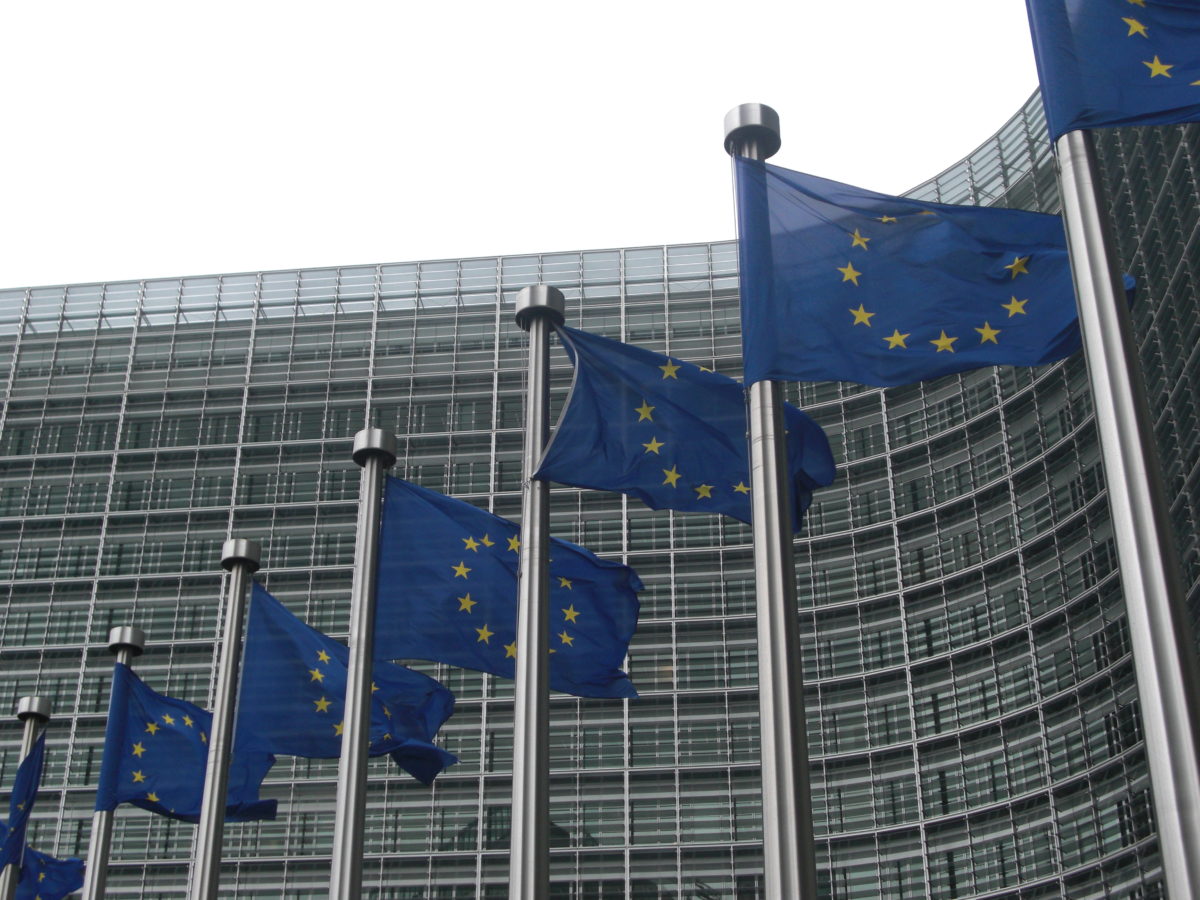The European Commission (EC) has approved reductions granted to energy-intensive businesses on surcharges to finance support for cogeneration and renewable energies in Italy, and surcharges to provide incentives for cogeneration only in Germany.
The EC stressed that both forms of reduction comply with the 2014 Guidelines on state aid for environmental protection and energy, which allow reductions to surcharges used to finance renewable support schemes for certain sectors and companies, up to a certain level.
“Cogeneration both produces electricity and puts to use the heat generated in the process – this efficiency can help us reach Europe's energy and climate goals. Today's decisions make sure that Member States can design sustainable financing to support cogeneration, same as for renewable energy. These promote green policies whilst preserving the competitiveness of companies that are heavily dependent on energy,” Commissioner Margrethe Vestager said.
The EC launched an investigation to decide if reductions to cogeneration surcharges for energy-intensive companies in Germany were in line with EU state aid rules in October 2014. The Commission explained its decision to approve the reductions after the German government agreed to limit the reductions to energy-intensive companies exposed to international trade and to a maximum of 85% of the surcharge.
As for the reduction of the surcharges for renewables and cogeneration in Italy, the EU highlighted that the Italian government has also accepted to limit to energy-intensive companies active in sectors exposed to international trade and limit to maximum 85% of the renewable and cogeneration surcharge. The EC had approved the Italian incentive scheme for renewable energies in April 2016, while the German Heat and Power Cogeneration Act 2016 containing the provisions to reduce the surcharges was approved by Brussels in October 2016.
This content is protected by copyright and may not be reused. If you want to cooperate with us and would like to reuse some of our content, please contact: editors@pv-magazine.com.




By submitting this form you agree to pv magazine using your data for the purposes of publishing your comment.
Your personal data will only be disclosed or otherwise transmitted to third parties for the purposes of spam filtering or if this is necessary for technical maintenance of the website. Any other transfer to third parties will not take place unless this is justified on the basis of applicable data protection regulations or if pv magazine is legally obliged to do so.
You may revoke this consent at any time with effect for the future, in which case your personal data will be deleted immediately. Otherwise, your data will be deleted if pv magazine has processed your request or the purpose of data storage is fulfilled.
Further information on data privacy can be found in our Data Protection Policy.